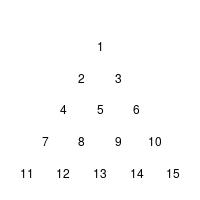In February 2018, I wrote a comment at amazon for Dr. Robert J. Marks II’s, Dr. Dr. William A. Dembski’s, and Dr. Winston Ewert’s book Introduction to Evolutionary Informatics (1st Edition):
We are all waiting for the ultimate book on Intelligent Design, written by R. Marks and W. Dembski. Instead we get a “textbook”, another attempt to explain the concepts to laymen. I got the impression that the authors used this setting to avoid the necessary rigour: they just do not define terms like “search” which they use hundreds of times. This allows for a lot of hand-waving, like the following sentence on p. 174:
“We note, however, the choice of an algorithm along with its parameters and initialization imposes a probability distribution over the search space”
That unsubstantiated claim is essential for their following proofs on “The Search for a Search”!
And then there are details like this one:
p. 130: “For the Cracker Barrel puzzle [we got] an endogenous information of I = 7.15 bits”
p. 138: “We return now to the Cracker Barrel puzzle. We showed that the endogenous information […] is I = 7.4 bits”I tried to solve this conundrum, but I came up with I = 7.8 bits. I contacted the authors, but got no reply.
(Details about the Cracker Barrel puzzle – if you are interested)
I gave it a generous two stars. By chance, I looked up my link to my comment today, but I could not find my review – though it was up there for at least a couple of months. Does anyone know what has happened? Surely, The Three Doctores would not steep so low to eliminate unwanted critique!

